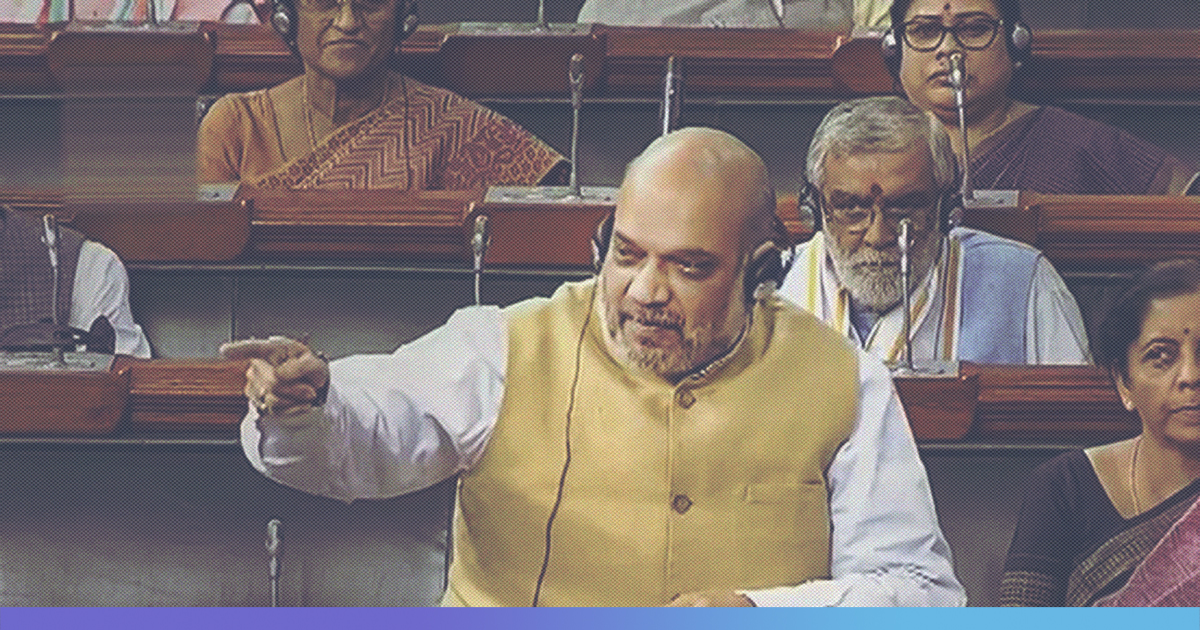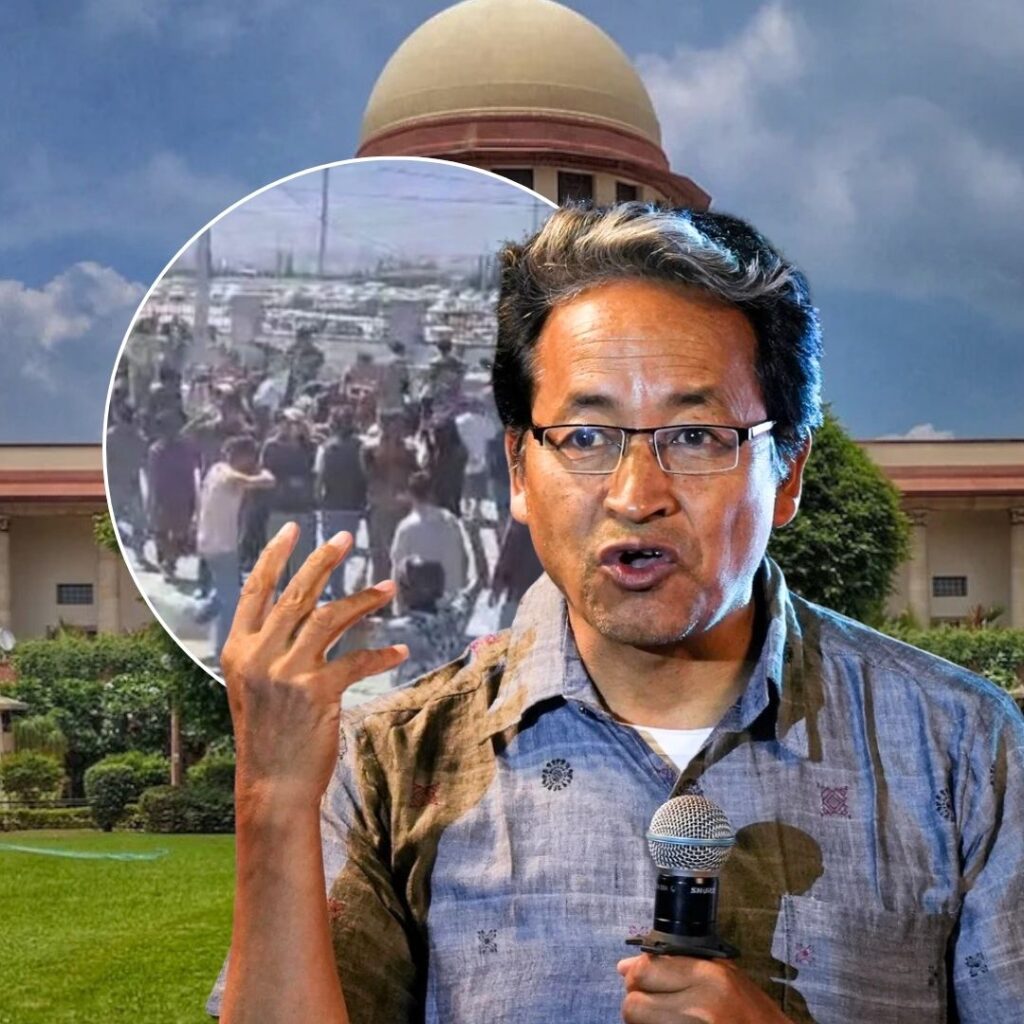The Lok Sabha passed the Unlawful Activities (Prevention) Amendment Act, 2019, on July 24.
The amendments redefine “Who may commit terrorism”, establishing that the Centre is empowered to designate an organisation as a terrorist organisation if it commits or participates in acts of terrorism, promotes terrorism, prepares for terrorism, or is otherwise involved in terrorism.
On the same grounds, individuals may also be designated as terrorists.
The UAPA Amendment Bill of 2019, amends the Unlawful Activities (Prevention) Act of 1967. Under the Act, an investigating officer has been authorised to seize properties that may have a connection to terrorism, with prior approval of the director-general of police (DGP).
The approval of the director-general of the National Investigation Agency (NIA) would be needed for seizing such property if the investigation is conducted by an NIA officer.
Officers of the NIA, of the rank of inspector or above, are also empowered by the Bill to investigate cases.
Criticism
The Bill was passed amid a walkout by Congress and TMC MPs, who sought that the bill is sent for scrutiny to a Parliamentary standing committee. When AIMIM’s Asaduddin Owaisi demanded a division of votes for consideration of the bill, 287 MPs supported it and only eight opposed it.
The opposing MPs raised questions about the “misuse” of the law by the government.
“When there is seizure of property, where is judicial scrutiny. You are violating federalism. How can NIA take state property? That is a violation,” Owaisi said.
Home Minister Amit Shah, during a debate in the Lok Sabha, said that the amendments were needed to keep the law enforcement agencies a step ahead of terrorists, and also to root out terror.
“The only purpose of this law is to root out terrorism. We will ensure that this law will not be misused,” Shah said.
The Congress had also criticised the UAPA (Amendment) Bill, 2019, saying that by allowing individuals, and not just organizations, to be declared as terrorists, the legislation was being made more draconian. YSRCP and DMK also opposed the provision.
“The NIA is a specialized anti-terror force and it is not a police station. There is an administrative hierarchy and a special review process is followed. There are 250 cases that are pending and SPs (superintendent of police) are less than 25. There is a need for PI (police inspector) to be trained and be allowed to take over such cases as well,” Shah said, justifying the amendment.
The bill now awaits passage in the Upper house.
Also Read: J&K: Centre Bans Jamaat-E-Islami For Five Yrs Under Anti-Terror Law












